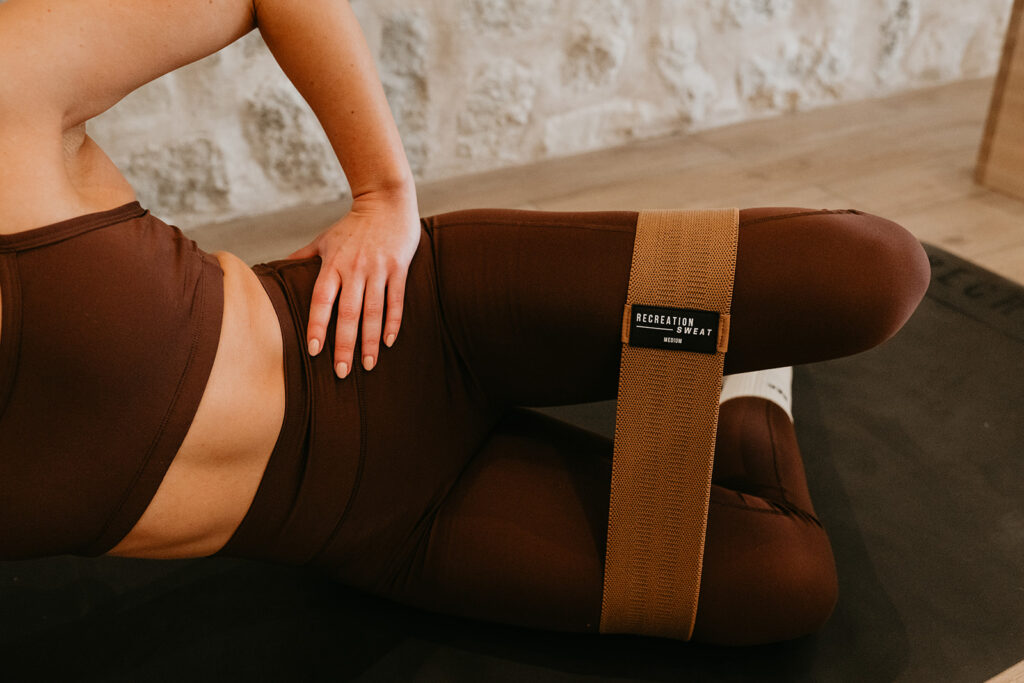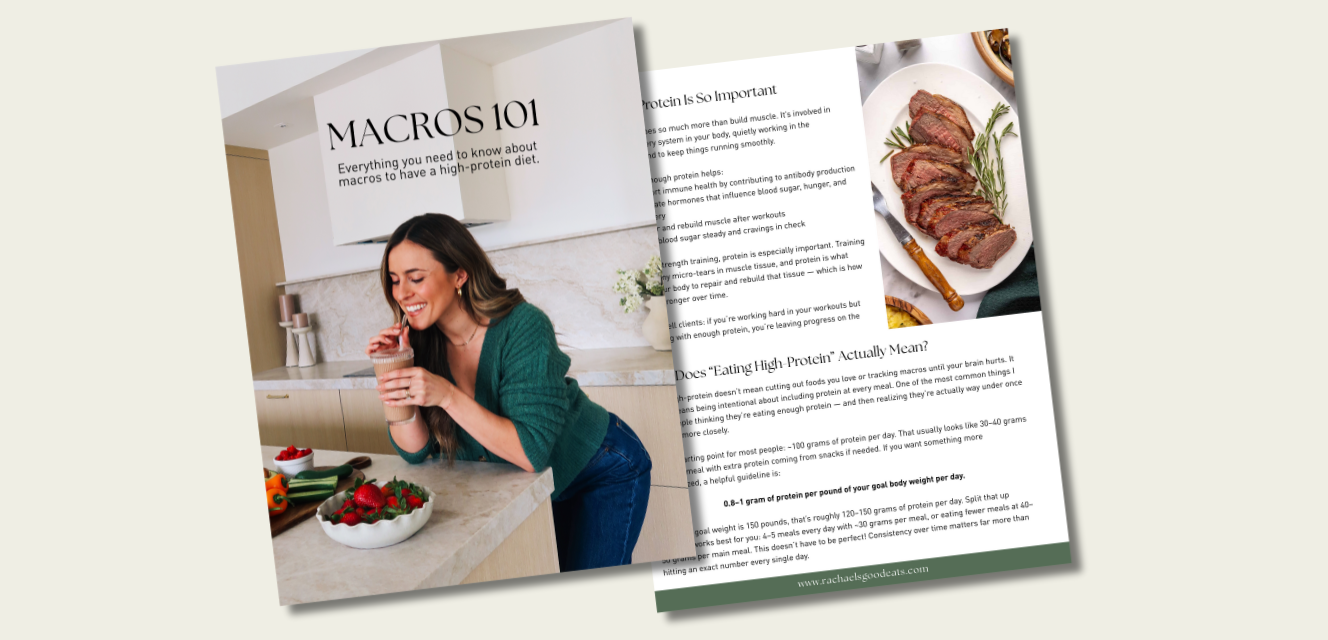
There are many topics that overlap in the world of being a woman, interested in fitness, and well-versed in the human body, but one category that come up often in all three is pelvic floor health.
What Exactly Is The Pelvic Floor?
In the fitness world, you’ll hear a lot about the deep core. All the core muscles are equally important and work together to provide stability to the spine, pelvis, and trunk. I touched on the importance of deep core strength in this blog post if you’re looking for more education! We tend to neglect the pelvic floor because it’s not a muscle we can see. It turns out that those deep muscles are crucial for maintaining stability and good posture, supporting the inner organs, controlling the bladder and bowel function, and contributing to sexual health.
Pelvic Floor Health: Myths Vs Reality
It’s true, having a healthy pelvic floor is incredibly important. As we age, have children, and lift heavy things (in and out of the gym) we’re relying on our deep core to support us through daily life activities. You can keep it healthy by exercising regularly, eating well, and even breathing well. Taking deep breaths will help tone your deep core muscles and allow for proper relaxation of the pelvic floor.
Now to debunk a few common myths:
- Pelvic floor health is only a concern for women. This couldn’t be further from the truth! No matter your age or gender, having a strong deep core is vital in order for your health to thrive.
- Pelvic floor issues are solely caused by childbirth. Having children might be the first time that many women understand the function of the pelvic floor. But, there are many factors that contribute to dysfunction: lifting too heavy, poor form, poor posture, breathing habits, lifestyle choices, and more.
- Kegels are the only way to work the pelvic floor. I’m thrilled to debunk this myth. There are many exercises for working the deep core, including relaxation exercises, breathing techniques, and more! Read about a few in this blog post.
Why This Matters In Pregnancy
The pelvic floor plays a vital role in supporting organs and controlling the bladder, which changes during pregnancy. Pregnancy can also cause hormonal shifts, increased pressure on the pelvis and organs as the uterus grows, and affects posture and alignment – all of which may increase the risk of pelvic floor dysfunction. A few ways to avoid pelvic floor strain during pregnancy include mindfulness techniques and breathing practices, practicing proper form and avoiding excessive strain, and keeping up with healthy lifestyle habits like getting plenty of steps in every day, drinking plenty of water, engaging the deep core safely, and exercising consistently.
Strength Training For Deep Core
If you’re interested in incorporating more deep core exercises into your routine, I highly recommend strength training. Learning to breathe well and brace your core will naturally strengthen your core over time.
Other great bodyweight only core exercises:
- High plank shoulder taps to side plank
- High plank to opposite toe touch
- Side plank knee to elbow taps
- Bear crawl
Additional Resources
Read more about deep core strength in this blog post.
Read more about my strength training guides here.















